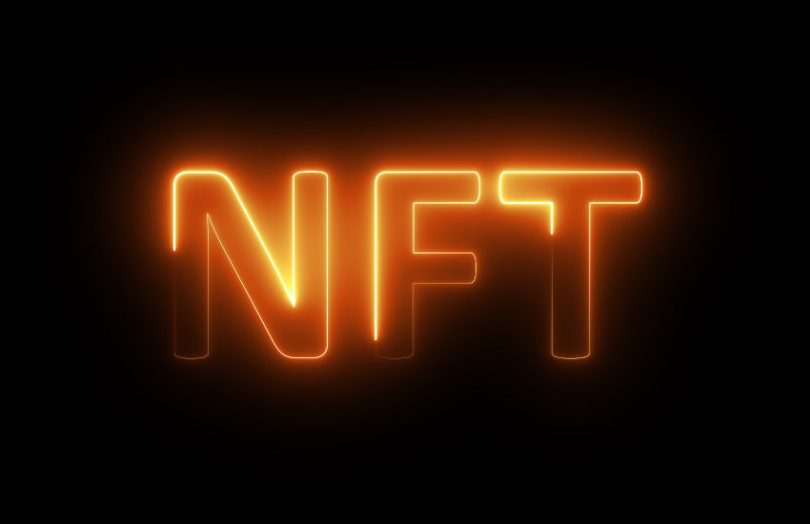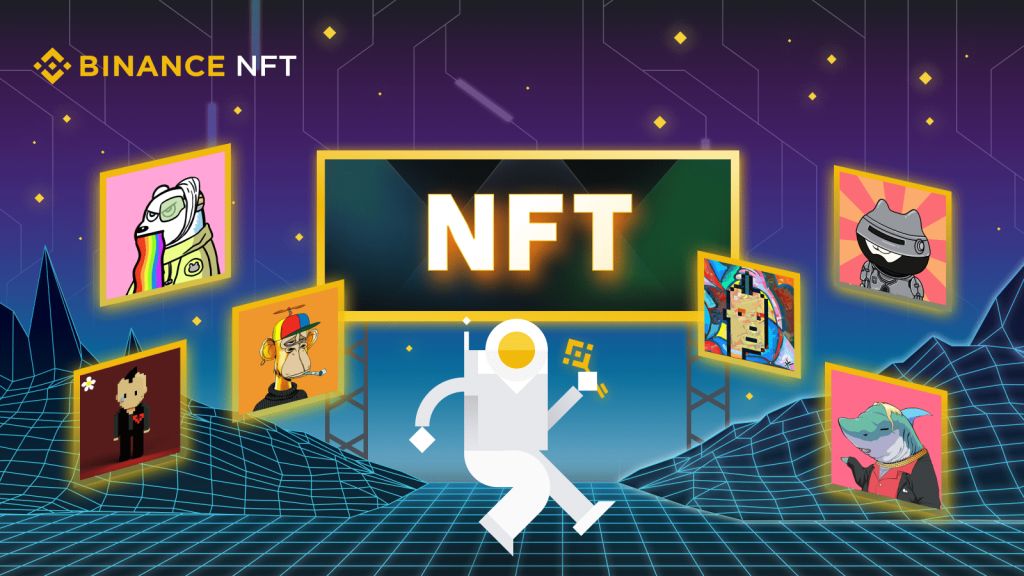NFTs are still legal in China. The Chinese government now shows no intentions restricting all things crypto, as was highlighted last year when the country declared a total ban on digital assets. In that case, the uncertainty now surrounds the rapidly flourishing crypto-related industry non-fungible tokens (NFTs) market.
There is a continued silence from the Chinese government which has created some hope for many investors who say that it would not ban NFTs. Nonetheless, several local social media and giant internet firms recently revised their operating policies to restrict and remove NFT platforms from their networks, citing a lack of regulatory clarity.

The firms also fear the Chinese government may raid their day-to-day operations.
WeChat, a Chinese instant messaging and social service with over 1 billion users, is a perfect example. The giant tech recently shut down one of the most prominent NFT ecosystems, Xihu No.1. The tech firm alleged that the NFT marketplace violated its policies, with Dongyiyuandian also receiving similar action.
WhaleTalk, a digital collectible platform, also increased penalties for using its over-the-counter desk for NFT trading in a recent policy update.
Uncertainty In NFTs Increases In China
Although the government has banned cryptocurrencies across mainland China, the Xi Jinping regime has shown no intentions of banning non-fungible tokens in the country. Chinese business juggernauts, such as Tencent and Alibaba, somewhat cleared any doubt concerning the ban on NFT, filing for several new patents over the past year.
Nevertheless, just like any evolving market, the rapidly rising popularity of digital collectibles in China has resulted in many offerings subjected to intense price speculations and consumer fraud cases. Thus, many tech giants have started taking cautionary measures, citing the rapid growth of illegal transactions and bot purchases associated with NFTs platforms.
Notably, during the blanket crypto ban in September last year, the Chinese government whipped many local firms found aiding crypto transactions. In that case, the recent action from WeChat and WhaleTalk seems reasonable since they are likely to avoid repercussions in case the Chinese government decides to increase regulatory scrutiny on NFTs.
Lastly, though the Chinese government has not prohibited NFTs use cases in the country, it has already banned its residents from indulging in any form of speculative trading associated with cryptocurrencies, squeezing NFTs issuers and owners in a tight spot.

Crypto Experts Weigh In
In a recent short interview, Philip Gunwhy, the managing partner and brand strategist at NFT platform Blockasset.co, maintained that the move by Tencent and Ant Group to update their policies is not a surprise. Gunwhy argued that for the two giants to gain a competitive advantage within the existing Chinese legislative framework, they must reposition their platforms favorably, adding:
“The government has not yet outlawed NFT trading, with the rules still being worked out. Even if Chinese authorities do eventually ban NFTs, creators and investors will still have an advantage since it took nearly a decade for the government to finally rid its shores of Bitcoin mining and crypto transactions. The NFT space keeps evolving, and major internet companies’ patent applications in China are to be taken seriously.”
Gunwhy further outlined that the continued delay from regulatory authorities to prohibit public engagement with the rapidly growing NFT space confirms a different approach that the Chinese government may have taken on cryptocurrencies:
“In any case, officials in China want to keep a close eye on the development of NFTs.”





